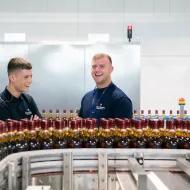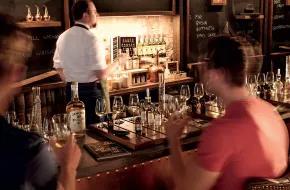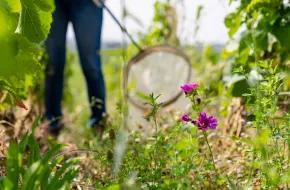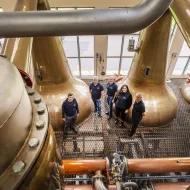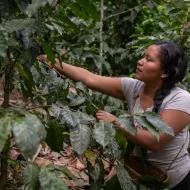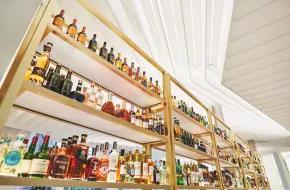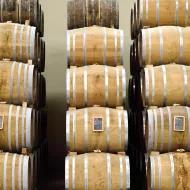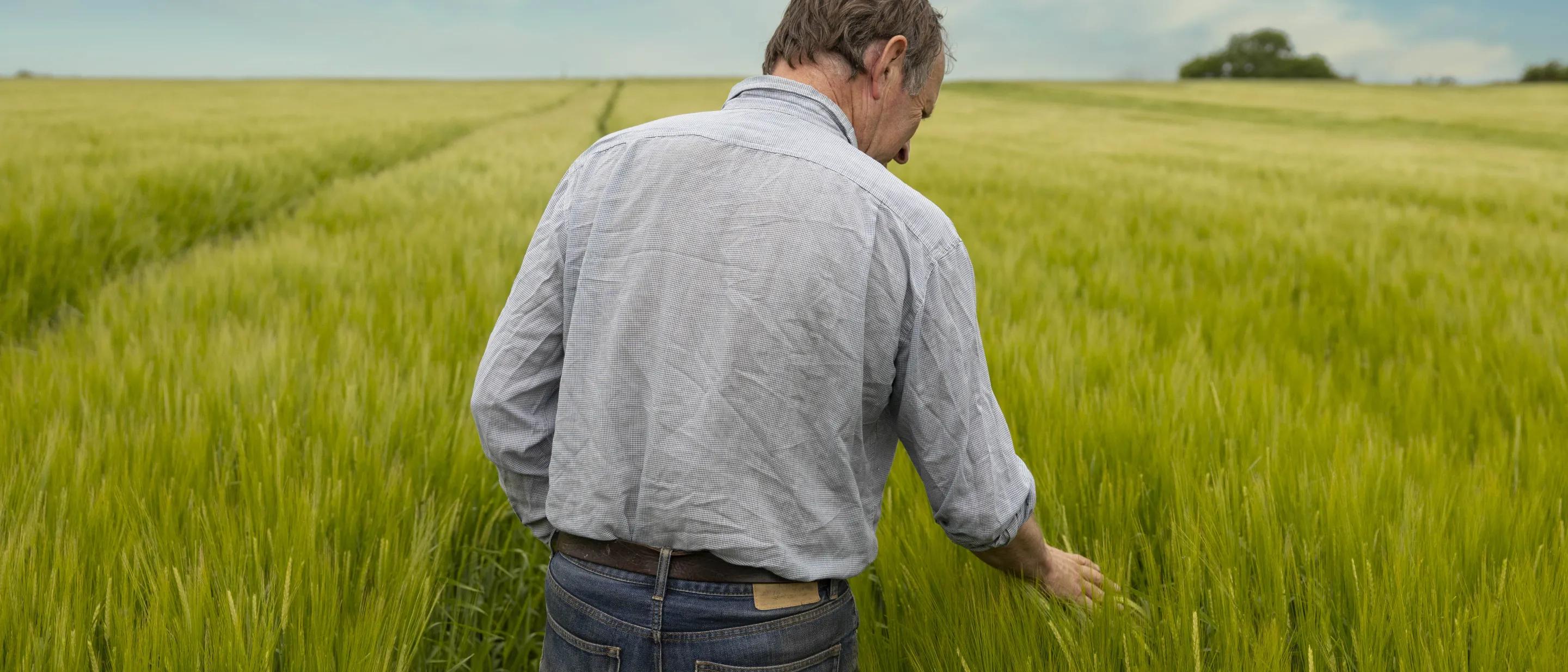Our business is inextricably linked to the health of the ecosystems that make up our terroirs. Any degradation of these has a direct impact on the natural ingredients we depend on for our iconic brands.
Our business is inextricably linked to the health of the ecosystems that make up our terroirs. Any degradation of these has a direct impact on the natural ingredients we depend on for our iconic brands.
Spring barley is a significant raw ingredient in making Irish whiskeys such as Jameson, Powers, Redbreast, and Midleton Very Rare, but the impact of global warming and land quality deterioration means net barley production in Ireland is predicted to fall.
To tackle this issue and to help ensure a sustainable future for the industry Irish Distillers launched a programme to deepen their partnership with barley growers. Launched in 2020 the Sustainable Green Spring Barley Scheme now includes more than 200 barley growers.
At Irish Distillers, we recognise the need to deepen and strengthen relationships with our spring barley growers. Our distillery in Midleton is located in the part of Ireland where this crop is largely grown, and as such, some of our suppliers are also our neighbours.
Easing the transition
Recognising that concrete actions must be taken to mitigate current challenges and maintain the quality of production, Irish Distillers launched the scheme to help preserve the land and make progress on sustainability in a way that focuses on mutual long-term benefits for farmers and distillers.
The programme is founded on three major commitments: improving the sustainability
of the spring barley sector; supporting farmers in reducing their carbon footprint; and enhancing biodiversity on Irish tillage farms.
We are delighted that more than 200 growers signed up to our Green Spring Barley scheme in its first year, a programme which financially incentivises farmers to grow spring barley sustainably and deliver additional environmental benefits on their farms.
The Sustainable Green Spring Barley Scheme will evolve year on year with input from individual farmers as well as important industry partners such as grain merchants and organisations like Teagasc, Bord Bia, Irish Grain Assurance and the IFA National Grain.
Incentivising farmers to grow sustainably
Making the transition to sustainable growing practices comes at a cost so the programme financially incentivises growers who sign up to join the scheme.
The quality of this barley is exceptional. Achieving this requires significant additional care and costs, which are borne by the farmer. The scheme announced today recognises the role that farmers play in the sustainable production of one of our most valuable agri-food exports.
When growers meet the requirements of implementing the eight essential measures initiatives, the incentive is an additional direct payment of €15 per/tonne to those growers. Growers in the programme also choose three out of seven initiatives that have a direct and positive impact on biodiversity.
In the programme’s first year every single one of the 200 growers who signed up met the essential measures and all of them made efforts to implement the optional biodiversity initiatives.
| Essential measures | Biodiversity initiatives |
|---|---|
| Farm safety |
Uncultivated margins to regenerate the |
| Quality standards | Maintaining hedgerows as wildlife corridors on farmland |
| The use of certified seed | Installation of bee boxes to assist with pollination |
| Membership of Irish Grain Assurance Scheme |
Planting of native wildflower margins to increase valuable habitat for wildlife |
| Nutrient management | Using minimum tillage to improve soil quality |
| Glyphosate limitation | Sowing catch crops to prevent soil erosion |
| Biodiversity and farm practices survey |
Retaining winter stubble unsprayed to improve winter survival of seed-eating birds. |
| Carbon Foot Printing survey |
Survey and better understanding the carbon footprint of on-farm activity |
Tags
On the same topic
-
Sainte Marguerite en Provence signs an agreement to acquire Terres de Ravel, doubling its winegrowing capacity
Read moreSainte Marguerite en Provence, a Cru Classé from Côtes-de-Provence, announces its plans to acquire the Aux Terres de Ravel estate and its 280 hectares of vineyards.
-
Pernod Ricard to promote regenerative farming and responsible drinking at the 2024 Paris International Agricultural Show
Read morePernod Ricard will be present at the 2024 Paris International Agricultural Show (Salon International de l’Agriculture), where it will host two round table events on promoting biodiversity and the transition towards regenerative farming, alongside its partners and other committed stakeholders.
-
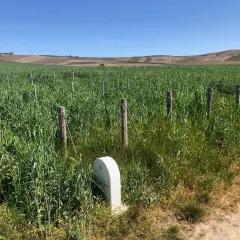
Martell Mumm and Perrier-Jouët vineyards take a leading role in regenerative agriculture
Read moreMartell Mumm and Perrier-Jouët (MMPJ) have been committed to leading Pernod Ricard’s charge on sustainable viticulture for over a decade. In our vineyards and terroirs, we are working with our farmers, winemakers and partners to develop sustainable and regenerative agricultural practices.





